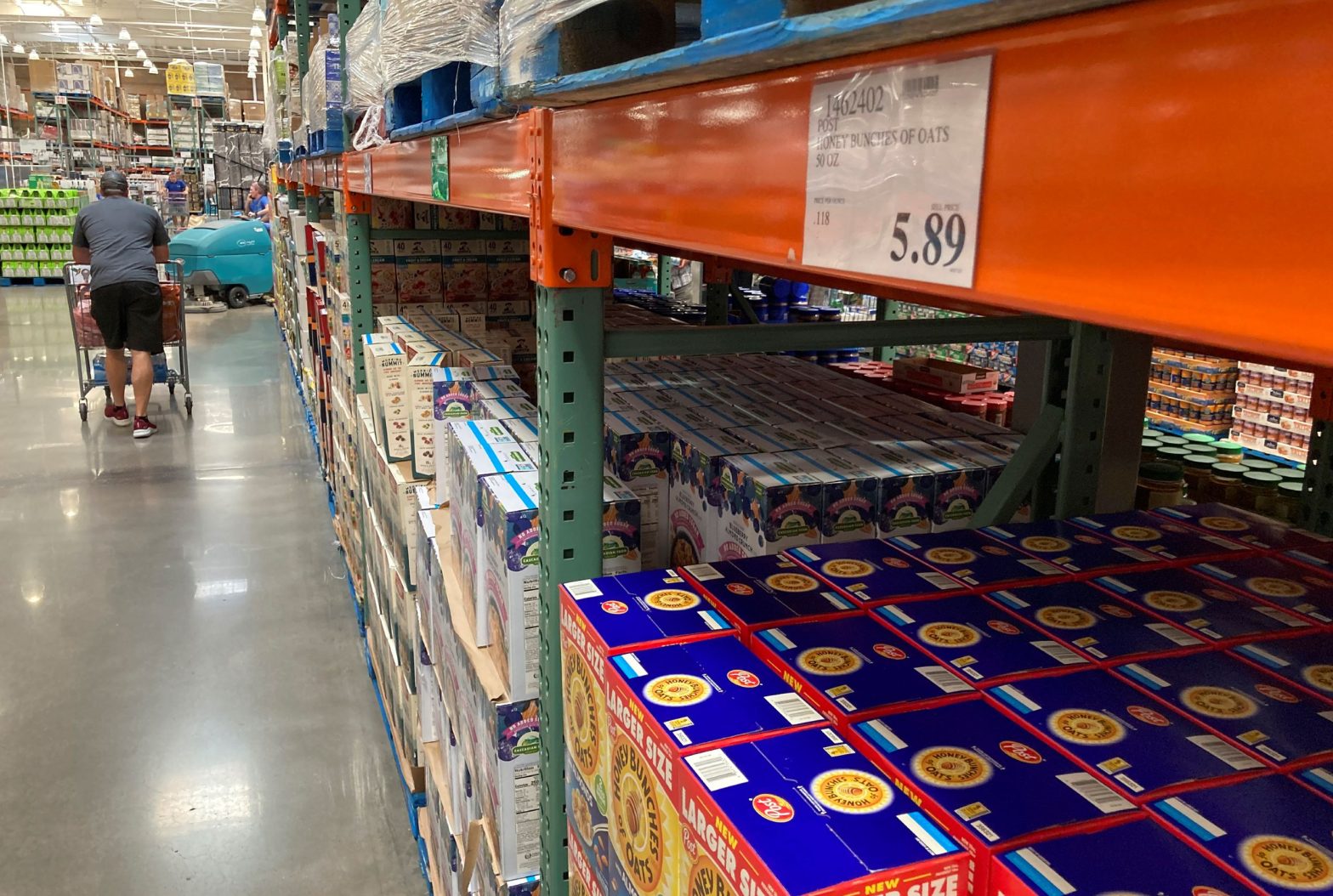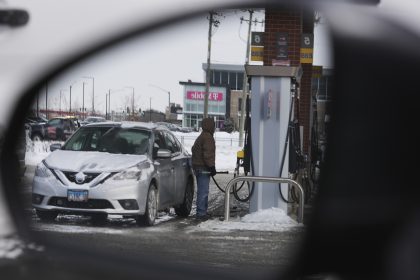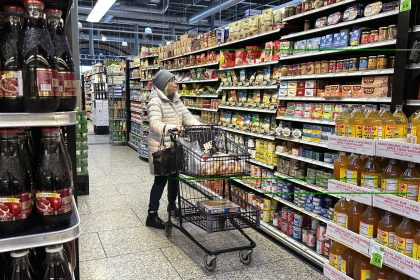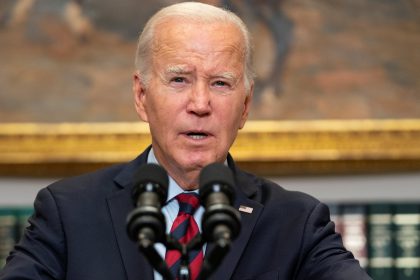Congress Searches for Way to Make Supply Chains Resilient

WASHINGTON — The Senate continued its search Thursday for ways to prevent the kind of devastation brought to U.S. supply chains by COVID-19.
Industry executives told a Senate panel the pandemic exposed U.S. dependence on foreign suppliers to keep the lights on for their businesses.
As the pandemic shutdown led to layoffs and economic decline, many American businesses were forced to turn to Chinese exports. Congress wants to know how to make the U.S. supply chain more resilient to downturns and independent of foreign competitors.
Meanwhile, low supplies of products vital to American industry drove up prices for the businesses, making it difficult for them to rehire furloughed employees. They also passed on their costs to customers.
“The world has changed,” said Sen. Maria Cantwell, D-Wash., chairwoman of the Senate Commerce, Science and Transportation Committee. “Supply chains have changed and are changing.”
Congress is considering legislation that would pump financial support into U.S. industries that produce critical components, such as semiconductors and aircraft equipment.
The main bill is the United States Innovation and Competition Act, which authorizes $110 billion for basic and advanced technology research and commercialization over five years. The government investment would be directed at artificial intelligence, semiconductors, telecommunications, biotechnology and alternative energy.
More than $10 billion of the money would fund 10 regional technology hubs and create a supply chain crisis response program.
The Senate passed the bill on June 8. Similar legislation is awaiting a vote in the House.
On June 9, the Chinese government issued a statement criticizing the bill as “full of Cold War mentality and ideological prejudice.”
President Joe Biden took other action last Friday to inject vigor into the supply chain with an executive order that requires transportation regulators to clamp down on shipping industry consolidations.
A jump in e-commerce during the pandemic translated to greater demand for the railroad, trucking and maritime industries. The result was bottlenecks of freight shipments, shortages of consumer products and higher prices for essentials, such as cars and food.
Biden is concerned consolidations would give only a few shipping companies too much discretion on setting potentially inflated prices for their customers. The risk to the economy is greater during the kind of downturn the pandemic generated, according to the Biden administration.
“We must act now to reverse these dangerous trends, which constrain the growth and dynamism of our economy, impair the creation of high-quality jobs and threaten America’s economic standing in the world,” Biden’s executive order says.
Lawmakers and witnesses at the Senate hearing Thursday made similar observations.
“Resilient supply chains can withstand and recover from disruptions and we’ve had disruptions,” said Sen. Roger Wicker, R-Miss.
James Lewis, a vice president at the Center for Strategic and International Studies public policy foundation, described stiff competition with China as a significant barrier to the resilience of the U.S. supply chain.
“We don’t need to abandon a global supply chain but to shrink China’s role in it,” Lewis said.
He also said the combative policies of the Chinese Communist Party could help the United States in trade negotiations with potential foreign partners.
“Every time they open their mouths, countries move in our direction,” Lewis said.
William “Lex” Taylor, chief executive officer of the Mississippi-based Taylor Group, talked about how a shortage of shipping containers has hurt his businesses, which make heavy industrial equipment.
“This situation is causing inflation to run rampant,” Taylor said. “We are facing price increases weekly and in some cases every 24 hours.”
























